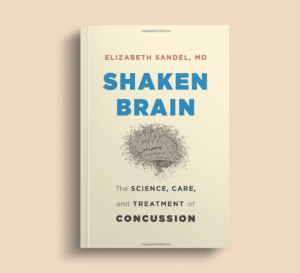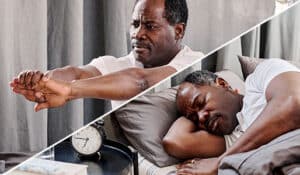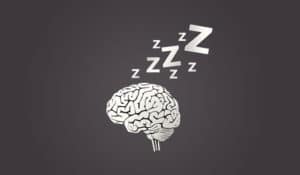Concussion Care Highlighted in The Atlantic and Bloomberg News

I collaborated recently with Conor Gormally of Concussion Alliance to advocate for individualized and comprehensive concussion care in mainstream news stories with journalists who recounted personal stories of concussion.
Yes, The Standard Advice for Concussions is Wrong
In The Standard Advice for Concussions Is Wrong in The Atlantic, reporter Tove Danovich recounts her prolonged recovery after being thrown from her horse. She found it difficult to access effective medical care and contacted me after reading my book, Shaken Brain, which enabled her to understand what she was experiencing. We began a dialogue by phone and email, and I suggested several others for her to contact, including Conor, whose own long experience with post-concussion symptoms inspired him to co-found Concussion Alliance, which provides information on concussion research, treatments, and other resources. People like Danovich should not have to be dismissed by healthcare providers who minimize the severity or impact of their symptoms, leaving them to navigate the internet and healthcare systems on their own to find appropriate and effective care after a head injury.
And Yes, A Concussion Can Have Lasting and Serious Effects
In That Concussion Can Have Lasting and Serious Effects in Bloomberg News, national healthcare reporter Anna Edney shared information about concussion and its aftermath following a friend’s injury. To help her understand concussion and its impacts, Edney contacted Concussion Alliance and interviewed Conor and me to learn more to support her friend. Friends and families of people with concussions also need help from healthcare providers to understand concussion and help their loved ones to find the best care.
Many thanks to these two journalists for helping to educate the public about the complexities and seriousness of concussions and other brain injuries.
You Might Also Like
3 Things to Do to Allow Your Brain to Recover More Quickly After Brain Injury
After a concussion, people need good sleep patterns, and they also need to resume activity and exercise to aid recovery. Activities with concussion risk should be avoided, however.
Rest Assured: Quality Sleep Supports Recovery From Brain Injury
Sleep disturbances are common after brain injury and require comprehensive evaluation and management. Other sleep disorders such as difficulty falling asleep, staying asleep, and excessive daytime sleepiness are common. Some patients with brain injuries develop sleep apnea, and screening for this disorder is important because of the risk of hypoxia and strokes that lead to additional brain injury.
Keep up to date
Get updates on the latest in concussion, brain health, and science-related tools from Dr. Elizabeth Sandel, M.D.
By clicking SIGN UP, you agree to receive emails from Dr. Sandel and agree to our terms of use and privacy policy.
Get the book!



